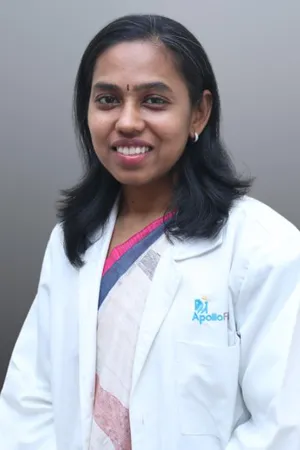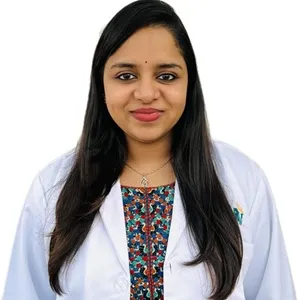Fertility is an important part of having a baby. Female fertility is when a woman can have a baby naturally. Both people in a couple need to be fertile to have a baby. When a woman is at her most fertile, she has the best chance of getting pregnant.
If a couple wants to have a baby, they need to think about the woman's fertility. Hormones in the woman's body show how fertile she is. If a woman can't have a baby, she might not be very fertile or not fertile at all. Some doctors can help with this. Some things can make it hard for a woman to have a baby, but other things can help make it easier.
Causes
Sometimes, women have trouble having a baby. This can happen because of things like changes in hormones or problems with ovulation. Ovulation is when an egg is released from the ovary. If this doesn't happen, it can make it hard to get pregnant. There can also be problems with the uterus, fallopian tubes, or other parts of the Female Reproductive System. The uterus is where a baby grows.
The fallopian tubes are the tubes that connect the ovaries to the uterus. If these parts have problems, it can make it hard to get pregnant. Some examples of problems include PCOS, Fibroids, Polyps, Blocked or Damaged Tubes, and problems with the Uterus lining. Female fertility is important, but the female reproductive system is complex and there can be many reasons for infertility.
Symptoms
The most basic symptom of Female Infertility is when a woman can't get pregnant. If a woman tries to have a baby for months or even a year but doesn't get pregnant, it may be a sign of infertility. Sometimes, a woman's cycle can change and be too long or too short. This can also be a sign of infertility. Sometimes, a woman may not have any other health problems but still be infertile. Age can also play a role in female fertility. Women who are younger than 35 are in the most fertile age range. As a woman gets older, like in her late 30s or 40s, it can be harder to get pregnant and have a baby. As women get closer to menopause, it becomes harder to have a baby.
When to see a doctor?
If you're having trouble getting pregnant, it's important to talk to a doctor. A gynaecologist is a doctor who helps women with their reproductive health. If you're looking for a place to go for help, you can visit Apollo Fertility. We have doctors who can help you. You can visit their clinic in Brookefield, or you can call them at 1860-500-4424. It's important to get help if you're having trouble getting pregnant so that you can have a healthy pregnancy.
Prevention
Female fertility is important when trying to have a baby. A woman can help her chances of getting pregnant by eating healthy food, exercising, and taking care of her body. This can keep her periods regular. She should also practice safe sex and not have too many partners. Not smoking, not drinking too much, and getting enough sleep, at least 7-8 hours a night can also help the body work well and make it easier for her to get pregnant.
If you're having trouble getting pregnant, it might be because of Female Fertility issues. Your doctor will want to check you out to figure out what's going on. They might do some tests, like checking your hormones or looking at your uterus and fallopian tubes. Depending on what they find, they'll suggest different ways to help you get pregnant. If there's something blocking your uterus or fallopian tubes, they might need to do surgery. If your hormones are out of balance, they might give you medicine to help fix that. And some women might need special help from a fertility doctor to have a baby. Whatever the problem is, your doctor will work with you to find the best solution for you.
Hormonal imbalances, ovulation disorders, and structural problems in the uterus or fallopian tubes.
Discussing your family history, lifestyle, and medical history with your doctor can help.
Typically most fertile in their 20s and early 30s.
Ovulation predictor kits, basal body temperature tracking, and hormone level tests can help.
Ovulation disorders such as PCOS.
Our Doctors
DR. SANGEETHA.S.ANAND
MBBS, MD(OBG), FRM, ...
| Experience | : | 20 Years Yeras Experience |
|---|---|---|
| Speciality | : | Infertility and IVF ... | Location | : | Brookefield |
| Timings | : | Mon to Sat - 09:00 A... |
DR. NIKITHA C P
MS OBG, FMAS, FRM, C...
| Experience | : | 8+ Years Yeras Experience |
|---|---|---|
| Speciality | : | Infertility & Laparo... | Location | : | JP Nagar |
| Timings | : | Mon - Sat : 8:30 AM ... |

